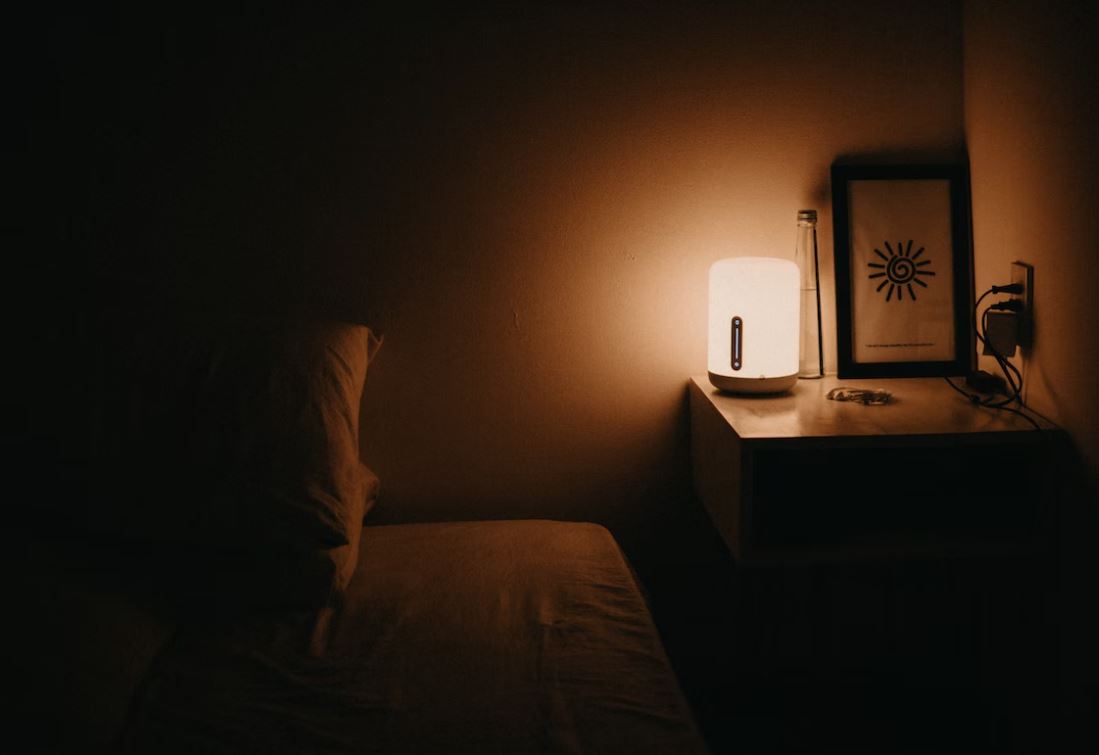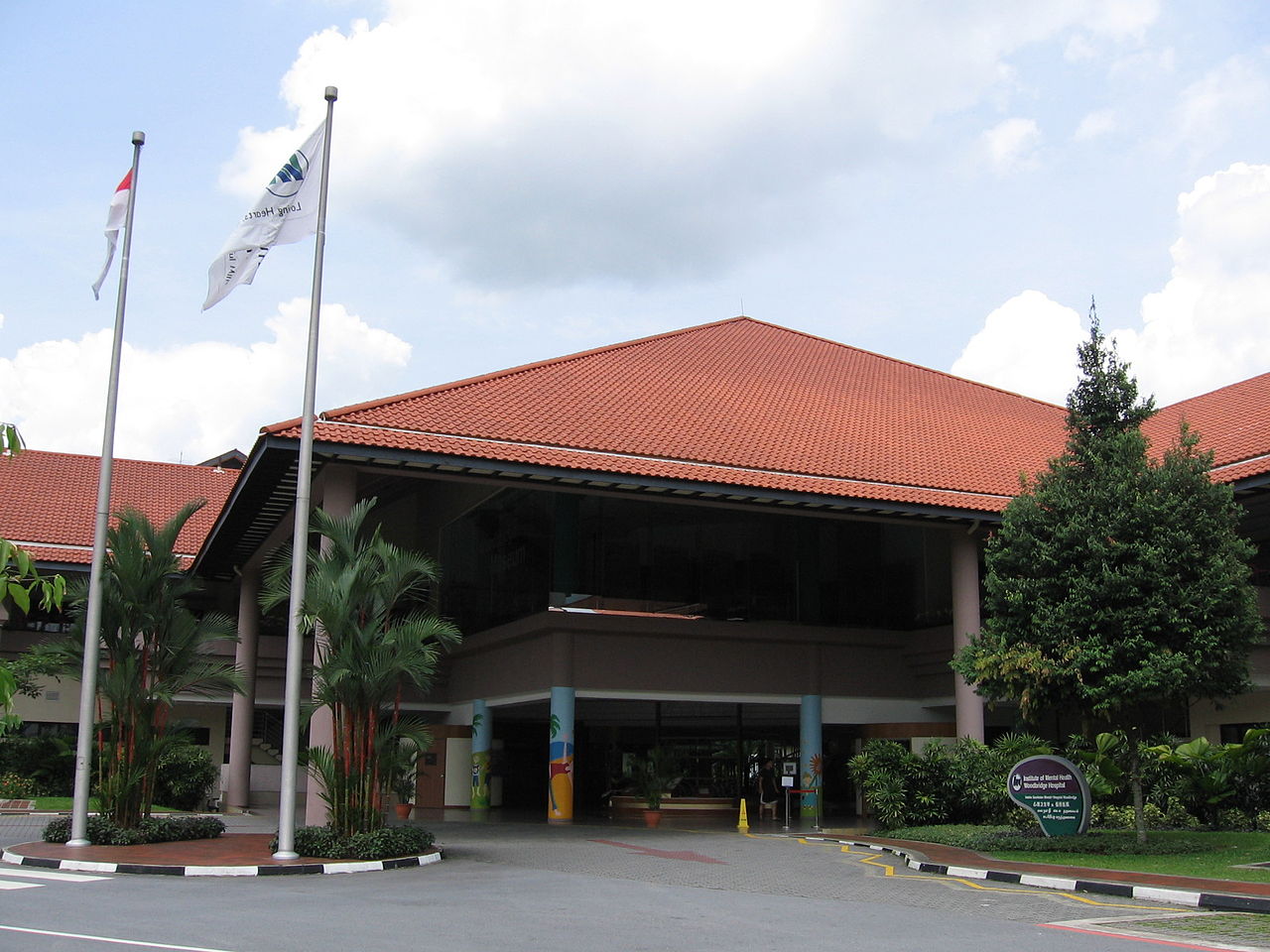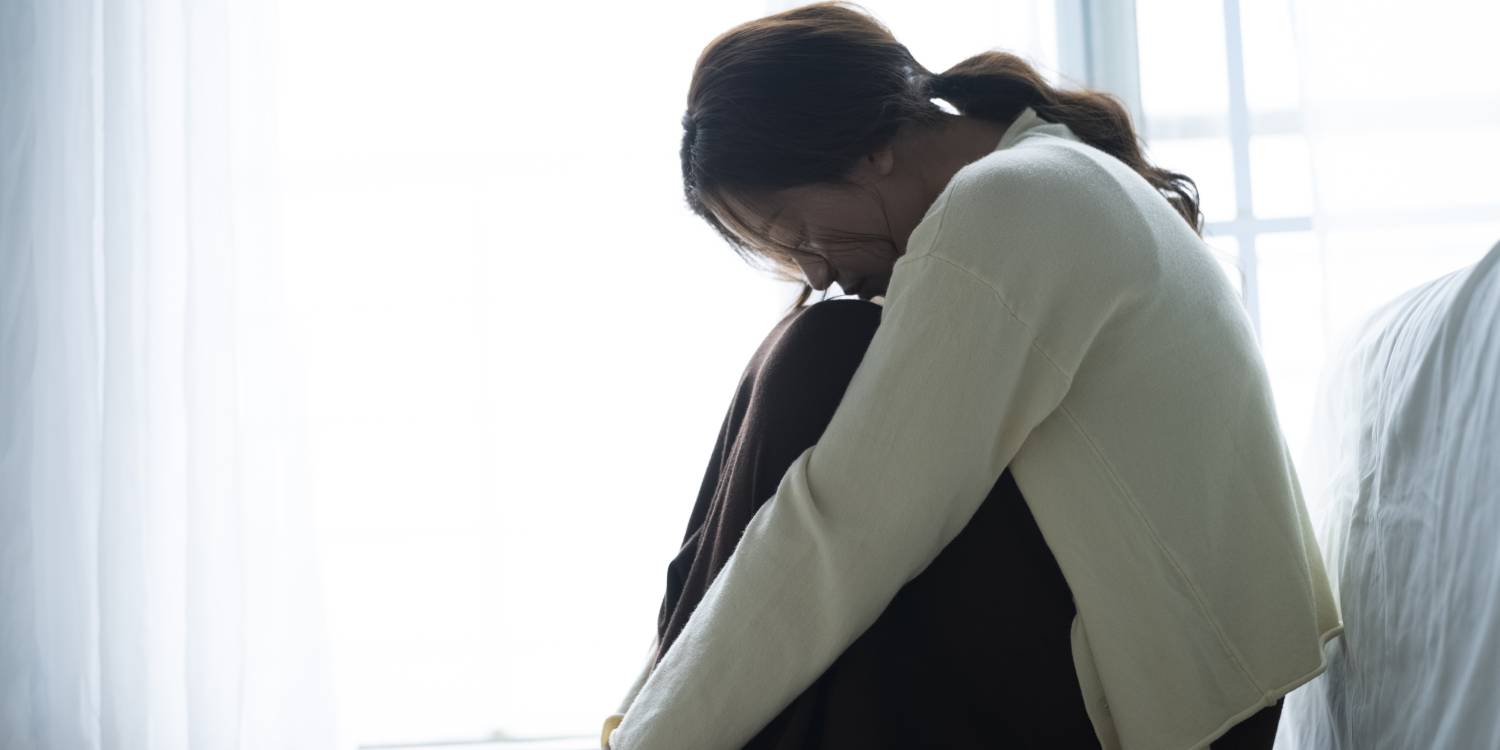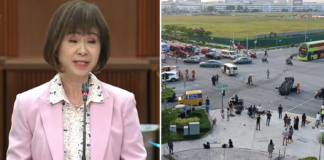This piece is part of MS Speaks, a segment in which MS News reporters share their honest views on current affairs and trending topics.
Suicidal Tendencies Aren’t The Only Signs That People Struggling With Mental Health Need Help
Since the Covid-19 pandemic began, there have been more cases of mental health-related incidents in the media.
Many of them involve cases within families, which makes them easier to prevent or get help for.
Sadly, there is often a lack of understanding of the issues that their family members face, which delays the help that they can receive.
As someone who has dealt with such an issue in their own home, one thing is clear to me — we have to be equipped with the means to seek help on behalf of those who may not be able to do so themselves.
There is a misconception that someone in crisis is someone who’s feeling suicidal. That may not always be true — conditions like bipolar disorder, obsessive-compulsive disorder, and schizophrenia may not manifest in suicidal tendencies, yet can be as devastating to family members in terms of daily caregiving stress.
Given the rise in individuals with mental health conditions – one in three young people display symptoms — mental health awareness is not enough. We have to know what to do as well.
First step towards mental health diagnosis alone can be tough
While my mother is currently stable and only needs to follow up with a psychiatrist every few months, the beginning of her mental health issues was a terribly stressful time for everyone, partly due to a lack of clarity over what was happening to her.
In 2019, my mother began complaining that she could not sleep at night. While this seems innocuous in itself, there were telltale signs that something was not quite right.

Source: Di_An_h on Unsplash
Some of the things she was saying didn’t appear rooted in reality. However, it was too early to say that there was a mental health issue beyond insomnia at the time.
I began to notice her drastic changes in behaviour after that. She’d insinuate that she was hearing voices, ordering her to do certain things, and once threw out my shoes randomly.
On two occasions, she went out without her mobile phone and was uncontactable, which worried everyone in the family. We had to take urgent leave or days off to ensure that she didn’t go out. She stopped eating meat and started asking for only vegetarian food, but would not eat any food that we bought for her, even though it was what she asked for.
Once, she also left the house late at night without anyone knowing, which led me to make a missing person report with the police. She was not found until close to 2am, which made for a stressful time for everyone who was looking out for her.
Because she would not sleep, sometimes for days at a time, it became close to impossible for the rest of us to get any regular sleep either. We’d be awoken by her rummaging around the house or playing Buddhist sutras in the middle of the night.
Seeking help
My father was initially unsure as to what my mum was going through. Being older and lacking awareness of mental health conditions, he thought the issue was not severe enough to warrant intervention.
But I thought otherwise. In need of some help and advice regarding my mum’s condition, I called the Institute of Mental Health (IMH) Crisis Hotline.
The person on the line advised us to send her for a check-up at IMH, but as with many similar cases – due to stigma and coming from a different generation when mental illnesses were less understood – my parents treated mental illness as something shameful and tried to deny that they had such conditions.
This meant that bringing her to IMH would prove difficult with my own family’s power, as she would not face the fact that she had a mental health condition that required intervention. As such, the advice was to call 1777 for a private ambulance, and paramedics would then bring her there — by force if necessary.
Do note that this is not always the default solution and should not be taken as advice for your own situation. Your case may vary and it is always better to call relevant hotlines for information first.
But in my case, my mum’s resistance and generally erratic behaviour meant we had to pay S$300-S$500 for a private ambulance to bring her to IMH for an assessment. Though we could not get treatment immediately once there, we had some assurance that professionals would assess her condition in a way that we couldn’t.

Source: Wikipedia
After some observation and tests, doctors concluded that my mum had psychosis and possible schizophrenia. It was a huge relief for everyone, as she was able to receive treatment after that.
Had we not called for help, we may have had to struggle with her erratic behaviour for a much longer period, which would have caused more stress for everyone in the family. Things would only have deteriorated over time.
Loved ones need more than just mental health awareness
When we talk about mental health, we also have to consider the well-being of caretakers.
Channel 8 drama ‘Your World In Mine’ delves into not just the lives of characters like Zheng Tiancai and the mother of Hong Maodan, who had schizophrenia and dementia, but also how they affect their caretakers. As their families frequently had to leave work or school to take care of them, they faced stress levels that others did not.
There will be times when family members spot unusual changes in attitude but feel helpless to resolve them. This could have been the case for the family of the 34-year-old woman who eventually killed her own daughter, believing that an evil spirit had possessed her. Perhaps they knew of her condition but found it difficult to seek help for her.
Thus, it is not only the individual who suffers but also the people around them. Stress levels may increase and they’ll get far less sleep, leading to irritability and an inability to focus on work or school.
However, help is also available for caregivers. For example, there are social workers just for caregivers to help support their loved ones. For those who worry about costs, the public healthcare system includes subsidies.
Seeking proper channels for help
Hopefully, sharing this story will point others who are in a similar situation to seek the right avenues for help. Your loved one need not be feeling suicidal for you to seek advice from various organisations.
The police may not always be able to assist. In some cases, their involvement may even exacerbate the situation, as people who are experiencing psychosis often require treatment or specialised help, rather than incarceration.
If your home situation progresses to a point where living with a family member is becoming too overwhelming, support is a call away.
You can try these hotlines if you or a loved one are affected:
- National Care Hotline: 1800-202-6868
(8am-12am daily) - Fei Yue’s Online Counselling Service
- Institute of Mental Health’s Mental Health Helpline (6389-2222)
- Samaritans of Singapore (1800-221-4444)
- Silver Ribbon Singapore (6385-3714)
- Big Love Child Protection Specialist Centre (6445-0400)
- HEART @ Fei Yue Child Protection Specialist Centre (6819-9170)
- PAVE Integrated Services for Individual and Family Protection (6555-0390)
- Project StART (6476-1482)
- TRANS SAFE Centre (6449-9088)
- TOUCHline (Counselling) – 1800 377 2252
Remember, these hotlines are not solely reserved for suicidal cases.
Note: The views expressed within this article are the author’s own.
Have news you must share? Get in touch with us via email at news@mustsharenews.com.
Featured image adapted from xframe.io.

Drop us your email so you won't miss the latest news.









